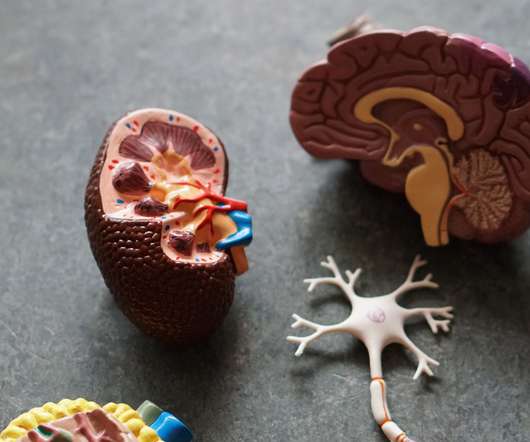4 Learning Theories Every Online Educator Should Know
LearnDash
FEBRUARY 2, 2021
They usually view themselves as subject matter experts —they know their area very well, and are starting an online course to share their expertise with others who are interested in learning it. Or do we just learn through raw mental power? Behaviorism: Learning is a product of stimulus and reinforcement.

























Let's personalize your content